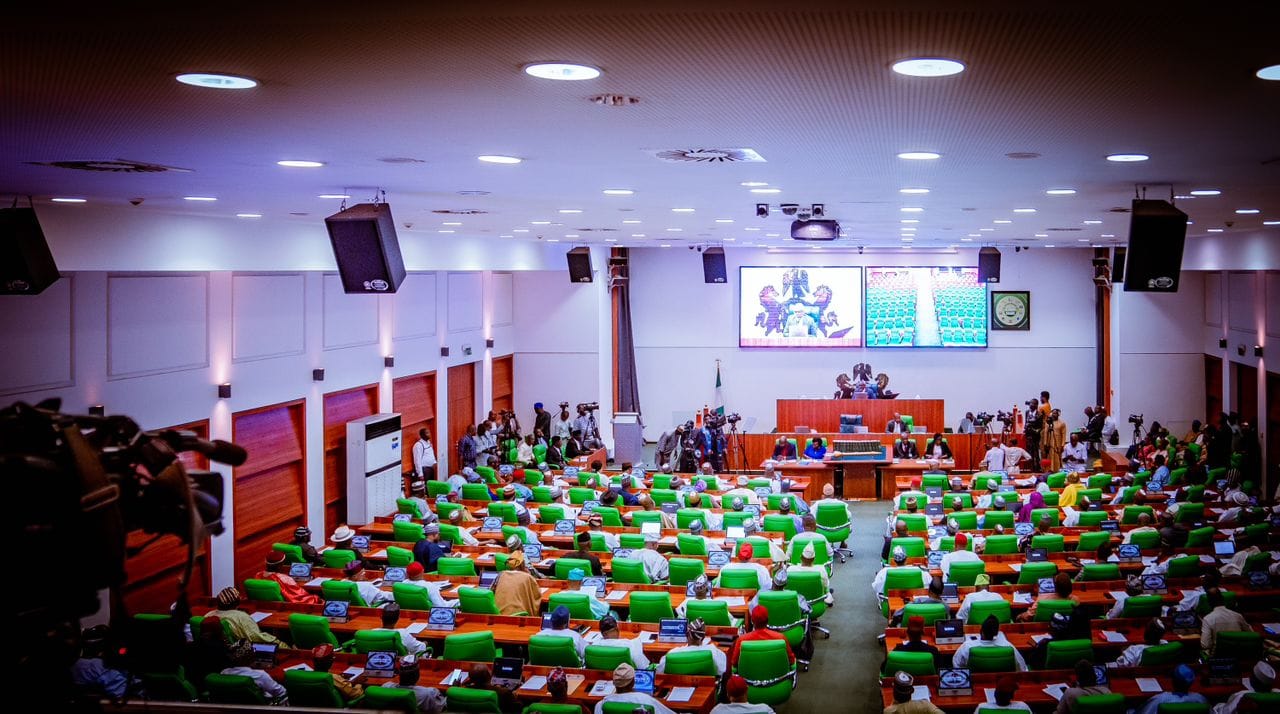
This is even as it advocated a phased and gradual approach to the ban by providing sufficient time for businesses and industries to transition to alternative eco-friendly materials and practices.
Earlier in the year, a civil society organisation, the Joint Action for Good Governance, called on the Federal Government to implement a nationwide ban on styrofoam owing to growing concerns over its health risk.
As a result, the lawmakers urged the Federal Competition and Consumer Protection Commission and other relevant agencies to monitor the quality of packaging of foods and beverages, particularly in fast-moving consumer goods, ensuring that global best practices are followed.
These resolutions followed the adoption of a motion titled, “Need to ban the use and distribution of styrofoam and single-use plastic across the country,” moved by the member representing Ilorin West/Asa Federal Constituency, Kwara State, Mr Muktar Shagaya at a plenary session of the House of Representatives on Wednesday.
Shagaya while presenting the motion noted that the provisions of Section 20 of the Constitution of the Federal Republic of Nigeria, 1999 (as amended), place a responsibility on the Federal Government to protect and improve the environment for present and future generations, and ensure the health and well-being of its citizens.
He argued that the increasing use of styrofoam and single-use plastics in Nigeria poses significant environmental and public health risks, including pollution of waterways, soil, and air quality, among others.
“Chemical found in styrofoam is linked to health issues, such as cancer, vision and hearing loss, impaired memory and concentration, and nervous system effects. The House is aware that styrofoam is prohibited in Taiwan, Rwanda, England, and many other European countries, together with some towns and states in the United States. Currently, the product is illegal in Lagos and Abia states.
“The House is also aware that alternatives to styrofoam and single-use plastics, such as biodegradable materials, reusable containers, and recyclable packaging, can reduce environmental impact and public health risks.”
The lawmaker further stated that the increasing use of styrofoam and single-use plastics in Nigeria “not only leads to increased plastic waste and environmental pollution but also poses a significant health risk.”
Cognizant of the need to address the environmental and public health crises posed by styrofoam and single-use plastics to safeguard the future of Nigeria’s natural resources, ecosystems, health, and the well-being of its citizens, the House mandated its Committees on Healthcare Services, Environment, and Legislative Compliance to ensure compliance.
The Lagos State Government had in January announced the ban on styrofoam in the state.
The Commissioner for the Environment and Water Resources, Tokunbo Wahab, made the declaration in a statement released by the ministry’s Director of Public Affairs, Kunle Adeshina.









